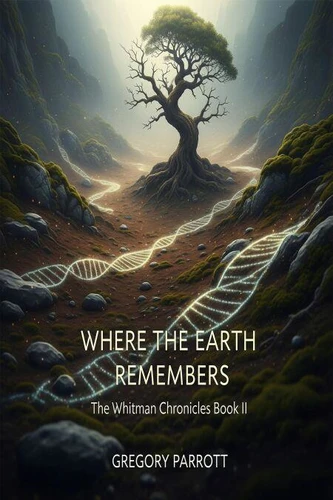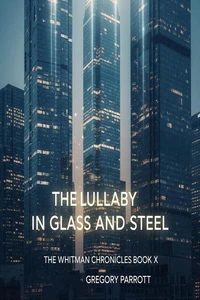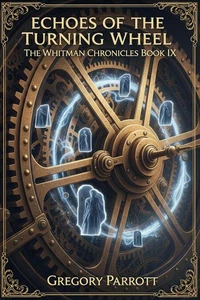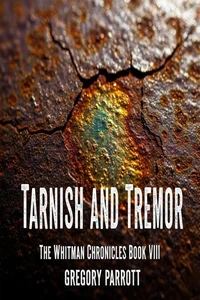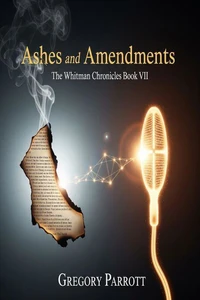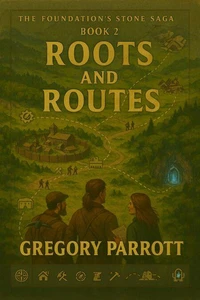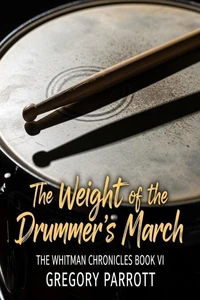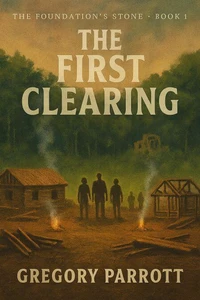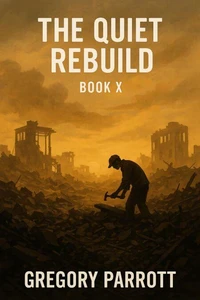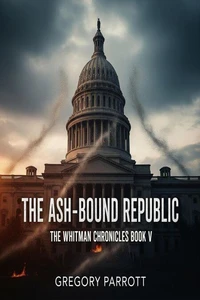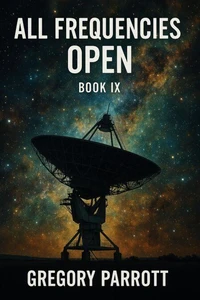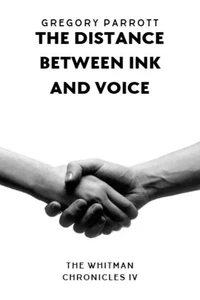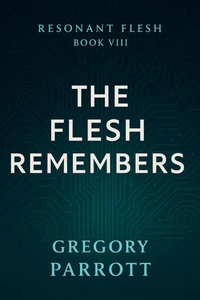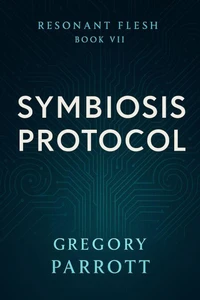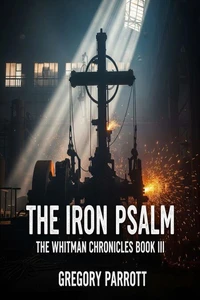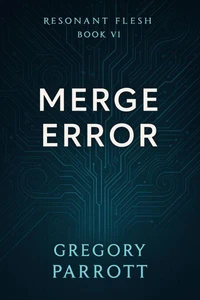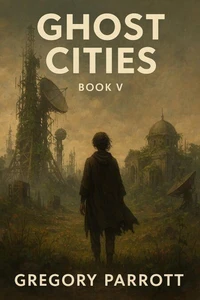Nouveauté
Where the Earth Remembers. The Whitman Chronicles, #2
Par :Formats :
Disponible dans votre compte client Decitre ou Furet du Nord dès validation de votre commande. Le format ePub est :
- Compatible avec une lecture sur My Vivlio (smartphone, tablette, ordinateur)
- Compatible avec une lecture sur liseuses Vivlio
- Pour les liseuses autres que Vivlio, vous devez utiliser le logiciel Adobe Digital Edition. Non compatible avec la lecture sur les liseuses Kindle, Remarkable et Sony
 , qui est-ce ?
, qui est-ce ?Notre partenaire de plateforme de lecture numérique où vous retrouverez l'ensemble de vos ebooks gratuitement
Pour en savoir plus sur nos ebooks, consultez notre aide en ligne ici
- FormatePub
- ISBN8230788133
- EAN9798230788133
- Date de parution29/07/2025
- Protection num.pas de protection
- Infos supplémentairesepub
- ÉditeurIndependently Published
Résumé
Before the archive could codify memory, the land bore it silently. In Where the Earth Remembers, the second volume of the Whitman Chronicles, history is no longer written in ink-it's tilled, sung, wept into furrows. Miriam Whitman, now exiled from capital record, rebuilds her family's knowing in fields and songs. Her descendants carry unwritten names, each one buried like seed, remembered not in public but in prayer.
Folk psalms emerge beneath seasonal plows, and ancestral echoes hum in stones no surveyor ever documented. But when surveyors arrive to redraw the lines-and rename the land-the Whitmans must decide: Will they resist again? Or will they let the earth resist for them?This is not a book of revolution. This is a book of refusal through planting.
Folk psalms emerge beneath seasonal plows, and ancestral echoes hum in stones no surveyor ever documented. But when surveyors arrive to redraw the lines-and rename the land-the Whitmans must decide: Will they resist again? Or will they let the earth resist for them?This is not a book of revolution. This is a book of refusal through planting.
Before the archive could codify memory, the land bore it silently. In Where the Earth Remembers, the second volume of the Whitman Chronicles, history is no longer written in ink-it's tilled, sung, wept into furrows. Miriam Whitman, now exiled from capital record, rebuilds her family's knowing in fields and songs. Her descendants carry unwritten names, each one buried like seed, remembered not in public but in prayer.
Folk psalms emerge beneath seasonal plows, and ancestral echoes hum in stones no surveyor ever documented. But when surveyors arrive to redraw the lines-and rename the land-the Whitmans must decide: Will they resist again? Or will they let the earth resist for them?This is not a book of revolution. This is a book of refusal through planting.
Folk psalms emerge beneath seasonal plows, and ancestral echoes hum in stones no surveyor ever documented. But when surveyors arrive to redraw the lines-and rename the land-the Whitmans must decide: Will they resist again? Or will they let the earth resist for them?This is not a book of revolution. This is a book of refusal through planting.

